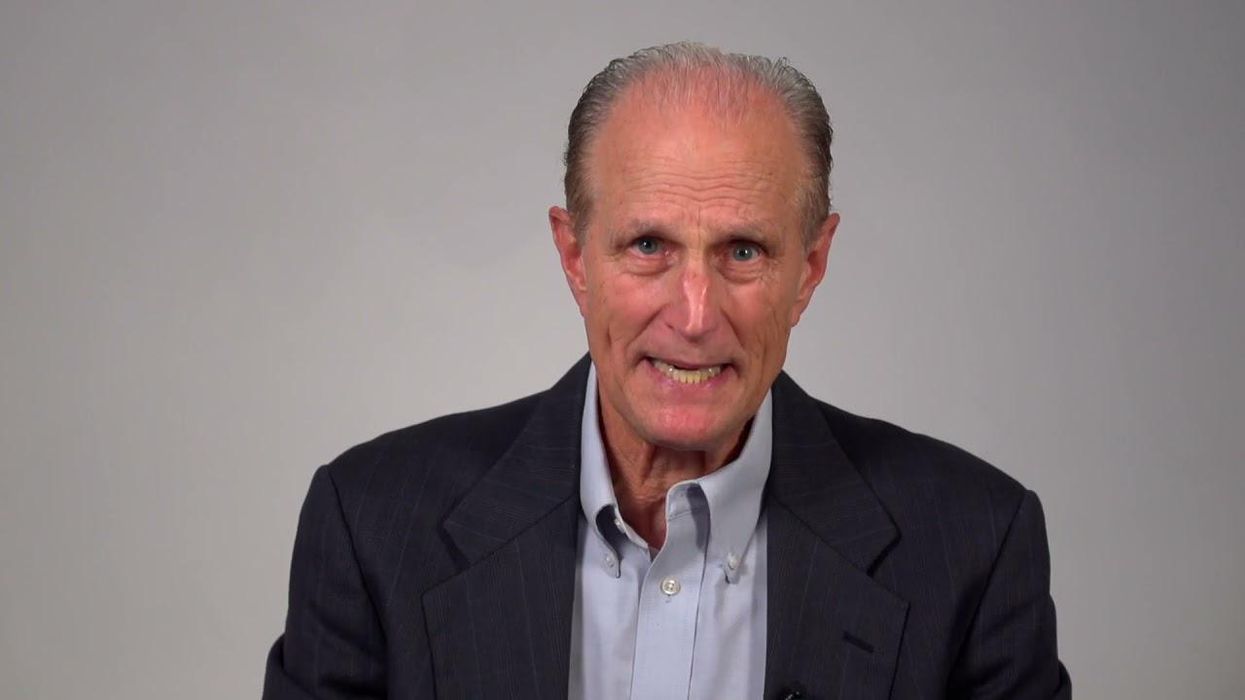The Village Square's Listen First Friday shares The America I Want Is… an initiative aimed at creating a national conversation around various issue through the practice of listening. David Patrick Adams from Linley Foundation introduces the initiative and requests your submissions.
Video: #ListenFirst Friday David Patrick Adams
#ListenFirst Friday David Patrick Adams




















